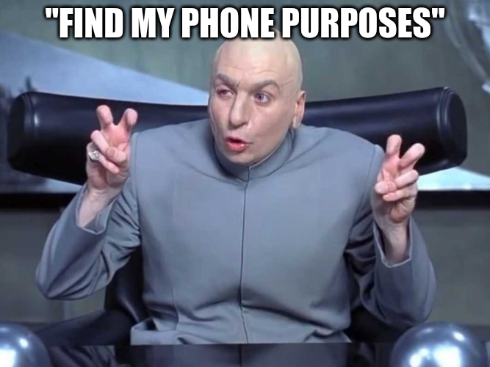auntjemima
[H]ard DCOTM x2
- Joined
- Mar 1, 2014
- Messages
- 12,151
https://www.theverge.com/2024/4/8/24123909/google-pixel-8-pro-offline-dead-battery-location-finding
Absolutely wild that they think this is a "convenient feature". A bit sketchy to me.
Absolutely wild that they think this is a "convenient feature". A bit sketchy to me.
![[H]ard|Forum](/styles/hardforum/xenforo/logo_dark.png)

